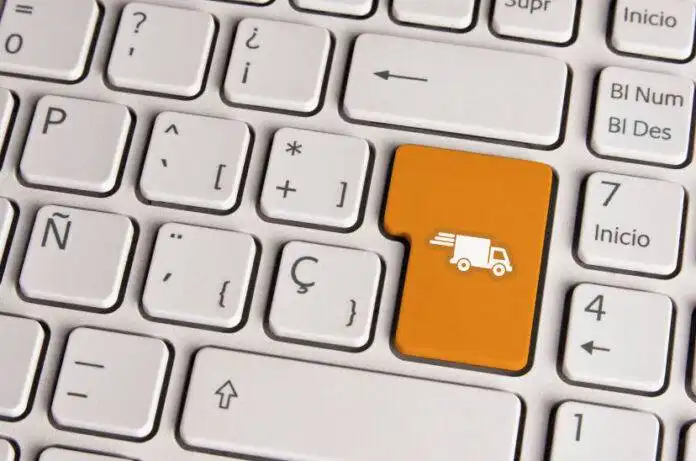O Brasil assumiu, durante a COP29, o compromisso de reduzir entre 59% e 67% suas emissões de gases de efeito estufa até 2035. Em um cenário em que o País descarta 2,4 bilhões de quilos de resíduos eletrônicos por ano, segundo o E-Waste Monitor, usar a logística reversa será uma estratégia importante para alcançar esses objetivos.
A reutilização de materiais, aliada à redução de resíduos descartados em aterros, contribui diretamente para diminuir a extração de recursos naturais e as emissões, alinhando o país às metas climáticas globais.
Um desafio ambiental e econômico
O setor de telecomunicações está entre os que mais geram resíduos eletrônicos no Brasil. Modems, roteadores e decodificadores usados, por exemplo, somam toneladas de materiais descartados anualmente. A logística reversa propõe uma alternativa. Por meio de processos de coleta, triagem, recondicionamento e reciclagem, esses dispositivos retornam à cadeia produtiva, promovendo a economia circular.
Carlos Tanaka, fundador da PostalGow, explica: “O recondicionamento estende a vida útil dos equipamentos, reduzindo a necessidade de fabricar novos produtos e, consequentemente, o impacto ambiental associado à extração de matérias-primas.”
Integração tecnológica para maior eficiência
A PostalGow é uma das empresas que lideram iniciativas de logística reversa no setor de telecomunicações. Com mais de 9 mil pontos de coleta no Brasil, a empresa utiliza tecnologia para rastrear cada etapa do processo.
A plataforma DevolvaFácil, criada pela PostalGow, integra sistemas de ERP das empresas contratantes, permitindo uma gestão eficiente e monitoramento em tempo real.
“A tecnologia é uma aliada importante na logística reversa. Sistemas integrados garantem rastreabilidade, eficiência e transparência, desde a coleta até o descarte ou reuso dos materiais”, detalha Tanaka.
Nos Centros de Distribuição da PostalGow, os equipamentos passam por triagens automatizadas que identificam itens aptos para recondicionamento ou recicláveis. Isso reduz perdas e aumenta o reaproveitamento de materiais, contribuindo para a diminuição das emissões associadas ao descarte e à produção de novos produtos.
Contribuição para metas climáticas
A logística reversa também ajuda o Brasil a cumprir as metas estabelecidas na COP29 ao reduzir a emissão de gases de efeito estufa em diversas etapas. O recondicionamento de equipamentos eletrônicos, por exemplo, exige menos energia do que a fabricação de novos dispositivos. Já a reciclagem permite a reutilização de metais e plásticos, diminuindo a dependência de extração de recursos naturais.
Segundo estudos da Universidade de São Paulo (USP), a reutilização de materiais pode economizar até 20% nos custos de produção e diminuir significativamente as emissões industriais. Além disso, práticas de coleta eficiente evitam que resíduos sejam enviados a aterros sanitários, onde geram gases como metano, que tem alto impacto no aquecimento global.
O futuro da logística reversa no Brasil
Com regulamentações mais rigorosas e metas climáticas ambiciosas, a logística reversa deve ganhar ainda mais relevância nos próximos anos. A PostalGow está expandindo sua atuação, investindo em novas tecnologias e aumentando sua rede de pontos de coleta e Centros de Distribuição.
“Estamos preparados para ajudar o Brasil a cumprir suas metas climáticas, promovendo uma economia mais circular e sustentável. Nosso compromisso é transformar resíduos eletrônicos em oportunidades para o mercado e para o planeta”, finaliza Tanaka.


